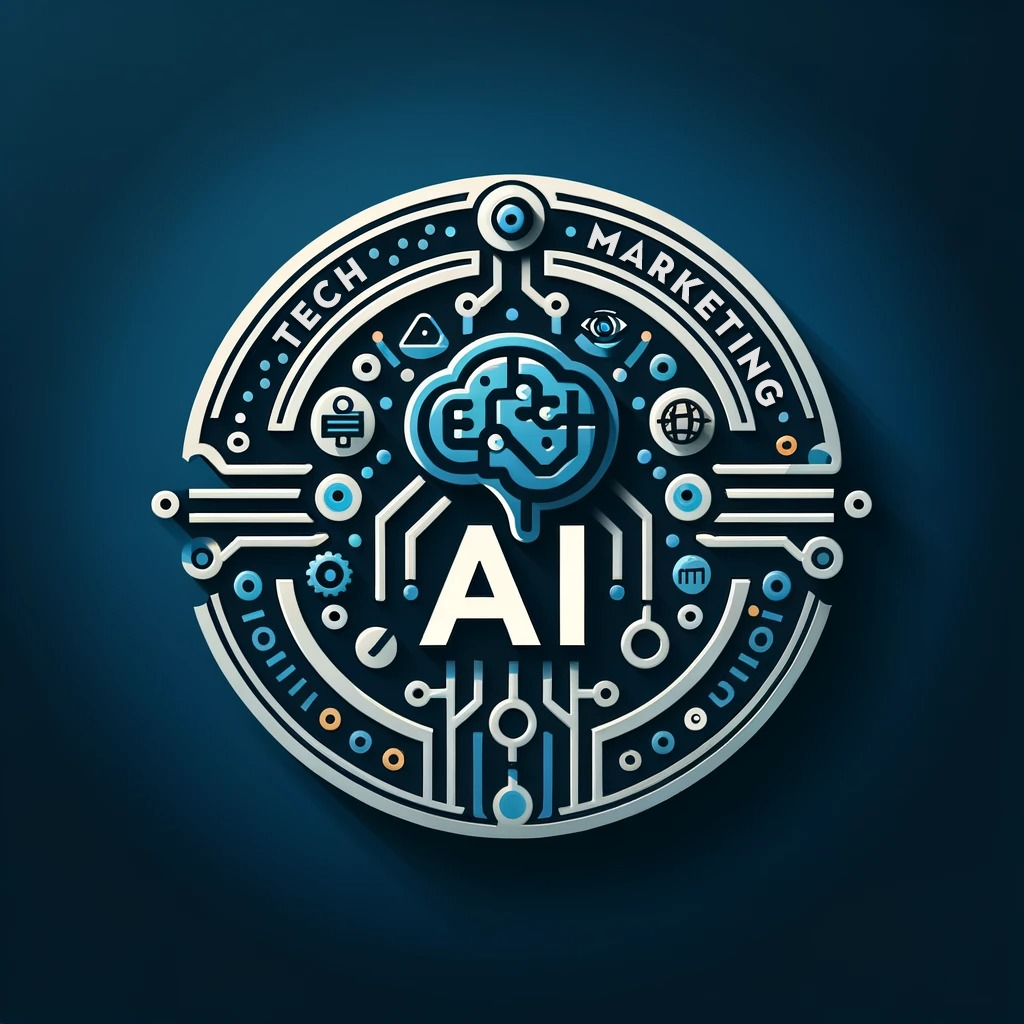Artificial Intelligence (AI) is revolutionizing industries, enhancing automation, and driving unprecedented innovation. However, as AI systems become more powerful, concerns about data privacy and security continue to grow. Striking a balance between leveraging AI’s capabilities and protecting personal data is essential to ensure ethical, legal, and responsible AI development.
The Role of AI in Data Collection
AI thrives on data. From social media algorithms to voice assistants and healthcare diagnostics, AI systems rely on vast datasets to function effectively. Organizations collect, process, and analyze personal data to train AI models, improving services and user experiences. However, excessive data collection raises privacy concerns, making it imperative to establish clear data protection policies.
The Privacy Risks of AI
While AI offers numerous benefits, it also introduces risks related to data privacy, including:
1. Unauthorized Data Access
AI systems often store and process large amounts of sensitive personal information. Without stringent security measures, this data is vulnerable to breaches and cyberattacks.
2. Data Misuse and Profiling
AI-driven marketing and social media platforms use data to create user profiles. If misused, these profiles can lead to biased decision-making, discriminatory practices, and privacy violations.
3. Lack of Transparency
Many AI systems operate as “black boxes,” meaning users have little visibility into how their data is collected, stored, and used. This lack of transparency raises ethical and legal concerns.
4. Surveillance and Ethical Concerns
AI-powered facial recognition and tracking technologies can lead to mass surveillance, infringing on personal freedoms and human rights.
5. Non-Consensual Data Collection
Some AI applications collect user data without explicit consent, leading to privacy infringements and potential legal ramifications.
The Importance of Data Protection in AI Development
To ensure responsible AI usage, organizations must prioritize data protection by adopting robust security frameworks and ethical guidelines. Here are key strategies:
1. Implement Strong Data Encryption
Encrypting stored and transmitted data minimizes the risk of unauthorized access and cyber threats.
2. Adopt Privacy-By-Design Principles
Integrating privacy measures into AI systems from the development stage ensures that data protection is a fundamental aspect of innovation.
3. Ensure Transparency and Explainability
Organizations must provide clear explanations of how AI models process and utilize data to build user trust.
4. Regulate AI Data Usage
Complying with data protection laws such as GDPR and CCPA ensures ethical AI deployment and prevents legal challenges.
5. User Control and Consent Mechanisms
Giving users control over their data, including opt-in and opt-out options, enhances data privacy and compliance.
AI Regulations and Compliance
Governments and regulatory bodies worldwide are establishing AI governance frameworks to ensure responsible AI development. Some notable regulations include:
- General Data Protection Regulation (GDPR) – Governs data protection across the European Union.
- California Consumer Privacy Act (CCPA) – Enhances privacy rights for California residents.
- AI Act (EU Proposal) – Aims to classify AI systems based on risk levels and enforce ethical guidelines.
- NIST AI Risk Management Framework – Provides guidelines for AI security and privacy measures.
Organizations leveraging AI must stay informed about legal requirements and implement compliance measures to avoid penalties and reputational damage.
The Future of AI and Privacy Protection
As AI continues to evolve, the future of privacy protection will rely on:
- Advancements in Federated Learning – A technique that allows AI models to train on decentralized data without exposing personal information.
- AI-Driven Cybersecurity Solutions – AI tools designed to detect and prevent cyber threats, enhancing data protection.
- Blockchain for Secure AI Transactions – Decentralized ledgers providing transparency and security in AI-driven data exchanges.
- Ethical AI Development Practices – Encouraging companies to adopt fairness, accountability, and transparency in AI systems.
- Stronger Regulatory Frameworks – Governments working towards more comprehensive AI policies to ensure ethical usage.
#AIPrivacy #DataProtection #ArtificialIntelligence #CyberSecurity #PrivacyMatters #TechEthics #AIInnovation #DataSecurity #MachineLearning #GDPRCompliance #DigitalPrivacy #EthicalAI #CCPA #AIRegulations #UserPrivacy #FutureOfAI #SecureTech #DataSafety #AITrust #AIandPrivacy




